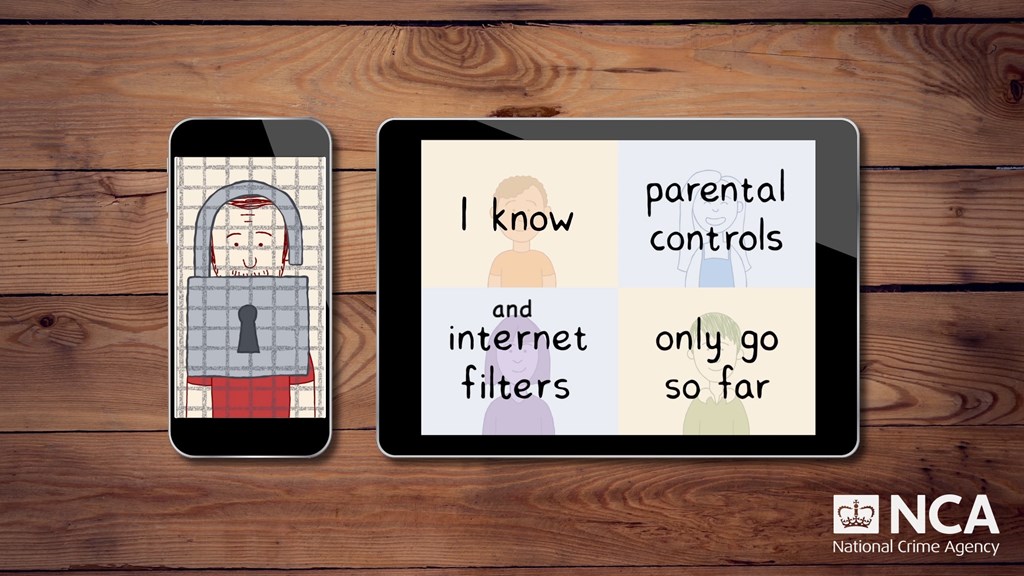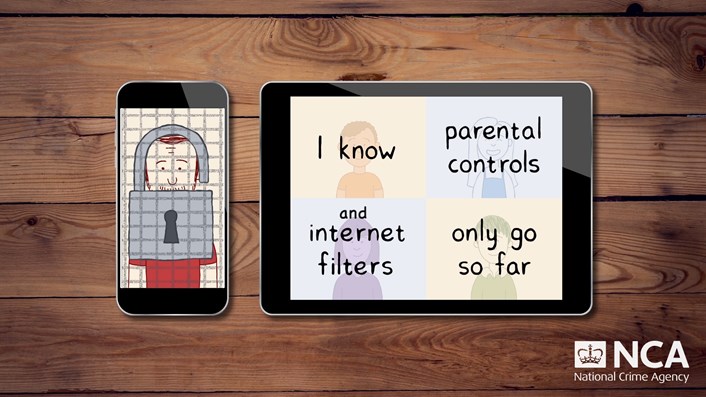
05 Dec 2017
245 children safeguarded and 192 arrests for child sexual abuse offences
The use of live streaming platforms by online sex offenders is increasing and there is an urgent need to educate children about the risks associated with this new threat, warn child protection experts.
During a recent week of intensification to tackle child sexual exploitation and abuse, police and NCA operations across the UK safeguarded 245 children and arrested 192 people, 18 of whom were in a position of trust. 30% of those cases involved some of the highest harm offences including live streaming, blackmail and grooming.
National Police Chiefs' Council Lead for Child Protection, Chief Constable Simon Bailey, said: "In just one week, police forces and the NCA arrested 192 offenders on suspicion of child sexual abuse offences and prevented 245 children from coming to harm. We will keep working together to do this, adapting our approach so that nowhere online is safe for people out to groom children or view them being abused.
"But we also need help. We need internet companies to help us stop access to sexual abuse images and videos and prevent abuse happening on their platforms. We need parents and carers to talk to their children about healthy relationships and staying safe online."
In an online NCA survey, 84% of parent respondents said they were alert to the potential dangers their children face online. But child protection experts are warning that knowledge goes out of date more quickly than many people realise because the online environment is now changing so quickly.
“We know that as children’s online habits change, offenders are adapting with them. These individuals are learning how young people communicate online and are using this knowledge to contact, befriend and abuse them,” said Zoe Hilton, Head of Safeguarding at the National Crime Agency.
To help parents protect their children against the threat, the NCA and National Police Chiefs’ Council are launching a new campaign today encouraging parents to talk to their child about the behaviours that could put them at risk on live streaming platforms.
Intelligence from the NCA and police forces shows that that dangerous offenders are capitalising on the immediacy of contact that live streaming offers, as well as the ability to target children with a large number of comments in real time. Once on these platforms, offenders often use tricks or dares, the offer of online gifts or ‘game points’ and threats, in an attempt to manipulate young people into performing acts involving nudity over webcam.
The survey also showed that while the majority of parents speak to their children regularly, 15% hadn’t talked to their children about online safety for at least six months and another 15% had never had the conversation. Almost 58% are not sure if they have adequate online security.
A short animation narrated by the fictional Sam, an adult who goes online to abuse children, will be released along with the hashtag #WhoIsSam to show how offenders attempt to build relationships with young people online. New guidance for both parents and children on the risks posed by live streaming will also be available from the NCA CEOP’s education programme Thinkuknow.
In addition, a package of resources for professionals, including sessions and activities for the class room, are being used in schools across the country to help empower children and young people to better deal with pressure and manipulation online from adult offenders.
Zoe Hilton added: “It’s great to see that so many parents are aware of the potential dangers children face online, but with this campaign we’re asking them to make sure they familiarise themselves with their children’s online behaviour and keep that knowledge up to date.
“As well as ensuring that privacy settings are in place on the sites and apps they use, it’s so important that we have regular and open conversations with our children about being safe online and encouraging them to speak up if something is worrying them or doesn’t feel right.
“Offenders will take advantage of the fact that young peoples’ inhibitions are lower online so we’re also encouraging parents to talk to their children about what a healthy relationship looks like and how to spot when someone might not be who they say they are.
“Advice and guidance on having these conversations and how to report any concerns can be found on the Thinkuknow website.”
Other intervention activity undertaken by UK police forces during the week of intensification included social media campaigns, school and university engagement, the delivery of CSE awareness training to children at a football academy and their parents, and work with the electronic retail sector and customers.
Help and support – NCA CEOP’s Thinkuknow programme provides information for children, young people, parents and carers about staying safe online and preventing sexual abuse and exploitation. Parents and carers can visit Thinkuknow for advice on keeping their children safe.
Contact information
Communications office
By phone: 0800 538 5058
By email: press.office@npcc.police.uk

